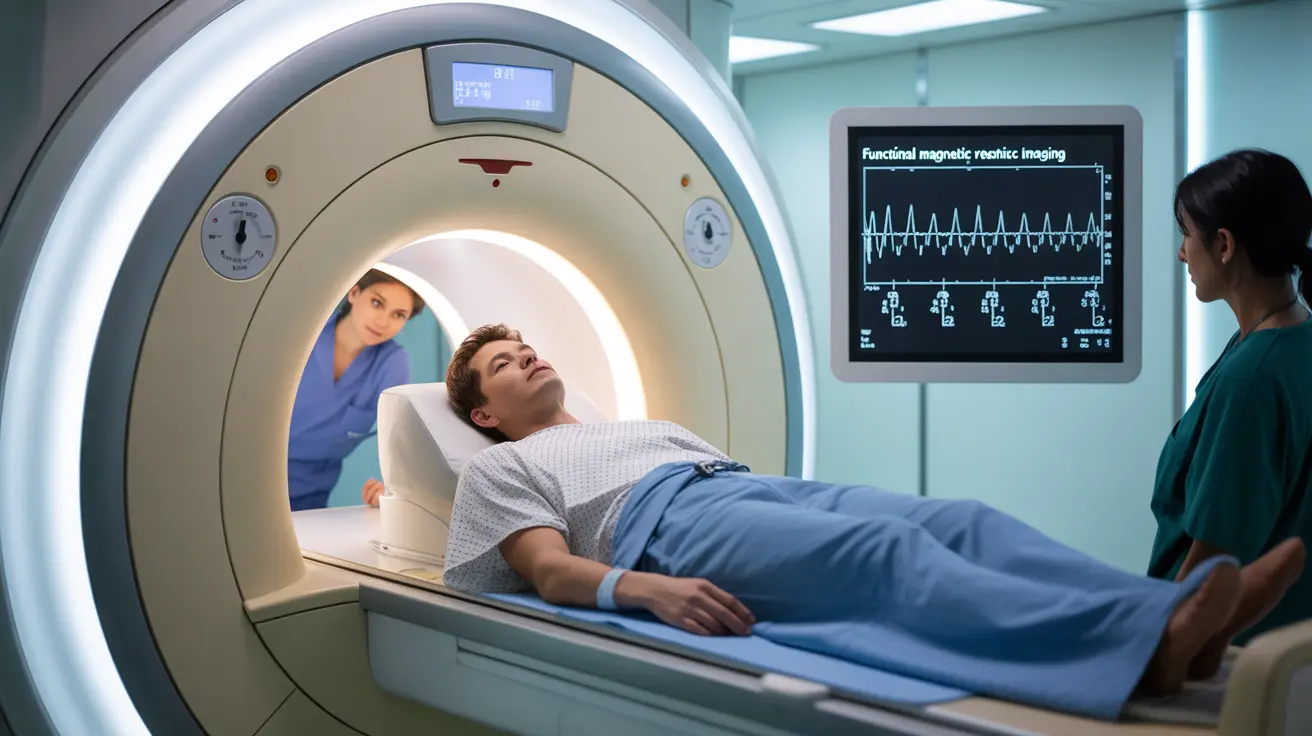Magnetic Resonance Imaging (MRI) scans are sophisticated diagnostic tools that provide detailed images of your body's internal structures. This advanced imaging technology helps healthcare providers diagnose conditions, plan treatments, and monitor the effectiveness of medical interventions with remarkable precision.
Whether you're scheduled for an MRI scan or simply want to understand this important medical procedure better, this comprehensive guide will explain how MRI scans work, what to expect during the procedure, and important safety considerations you should know about.
How MRI Scans Work
An MRI scan uses powerful magnets and radio waves to create detailed cross-sectional images of your body's tissues and organs. Unlike X-rays or CT scans, MRI scans don't use ionizing radiation, making them particularly safe for repeated use when necessary.
The technology works by temporarily realigning hydrogen atoms in your body using a strong magnetic field. When radio waves are introduced, these atoms produce faint signals that are captured by sensitive receivers and transformed into detailed images by sophisticated computer systems.
Types of MRI Scans
Healthcare providers may recommend different types of MRI scans depending on the area being examined:
- Brain and nervous system scans
- Musculoskeletal scans (joints, bones, and soft tissues)
- Cardiac MRI for heart imaging
- Abdominal and pelvic scans
- Breast MRI for cancer detection
- Functional MRI (fMRI) for brain activity mapping
Preparing for Your MRI Scan
Proper preparation is essential for a successful MRI scan. Your healthcare provider will provide specific instructions, but general guidelines include:
- Removing all metal objects, including jewelry and watches
- Informing staff about any medical implants or devices
- Wearing comfortable, loose-fitting clothing without metal fasteners
- Following any fasting requirements if contrast dye will be used
- Arriving early to complete necessary paperwork
Safety and Contraindications
While MRI scans are generally safe, certain factors may make them unsuitable for some individuals. These include:
- Certain metal implants or devices
- Some types of pacemakers
- Cochlear implants
- Metal fragments in the eyes or body
- Early pregnancy (first trimester)
The MRI Experience
During an MRI scan, you'll lie still on a padded table that slides into a large, tunnel-like machine. The procedure is painless but can last 30-60 minutes. Some patients may receive contrast dye through an IV to enhance image clarity. While the machine produces loud knocking sounds during operation, you'll be provided with earplugs or headphones for comfort.
Frequently Asked Questions
What are the main differences between an MRI scan and a CT scan for diagnosing internal injuries?
MRI scans use magnetic fields and radio waves to create detailed images of soft tissues, while CT scans use X-rays. MRI scans provide better soft tissue contrast and are particularly useful for examining the brain, spinal cord, muscles, and ligaments. CT scans are faster and better suited for examining bones, detecting internal bleeding, and evaluating acute trauma.
What preparations should I make before undergoing an MRI scan, and what should I avoid?
Remove all metal objects, inform your healthcare provider about any medical implants, and wear comfortable clothing without metal fasteners. Avoid wearing makeup, as some cosmetics contain metal particles. If you're receiving contrast dye, you may need to fast for several hours before the procedure. Tell your provider if you're claustrophobic, as they may prescribe anti-anxiety medication.
How does an MRI scan work to produce detailed images of the body's internal structures?
MRI scanners use powerful magnets to align hydrogen atoms in your body's water molecules. Radio waves then cause these atoms to produce signals, which are detected by the scanner and processed by computers to create detailed cross-sectional images. This process allows for exceptional visualization of soft tissues and organs without using radiation.
Are there any specific medical conditions or implants that could prevent me from having an MRI scan?
Yes, certain conditions and implants may prevent you from having an MRI scan, including some pacemakers, metal implants, cochlear implants, and metal fragments in the body. Pregnant women (especially in the first trimester) should discuss risks with their healthcare provider. Some newer medical devices are MRI-compatible, so always provide detailed information about your implants to your healthcare team.
What are the typical side effects or risks associated with the contrast agents used in some MRI scans?
Most patients tolerate MRI contrast agents well, but some may experience mild side effects like nausea, headache, or injection site discomfort. Rarely, serious allergic reactions can occur. There's also a small risk of nephrogenic systemic fibrosis in patients with kidney problems. Always inform your healthcare provider about any kidney issues or previous reactions to contrast materials.




